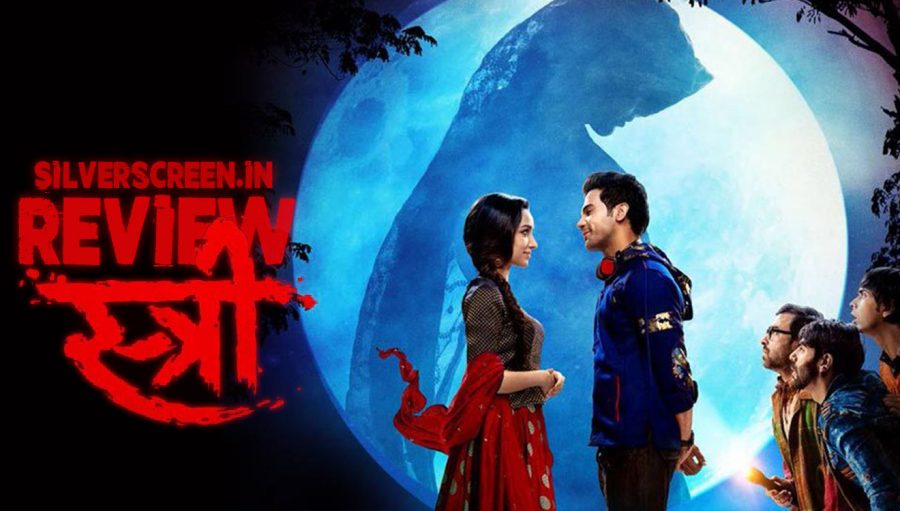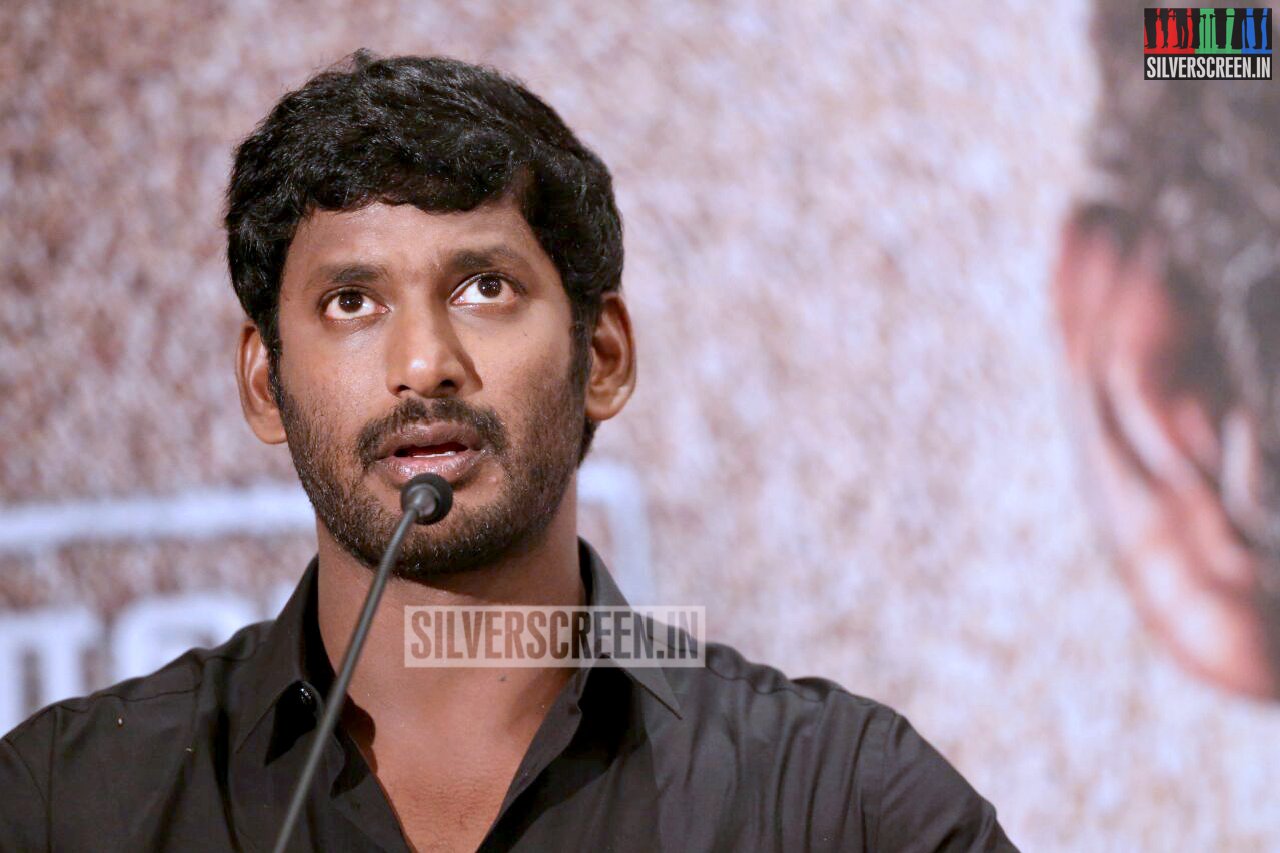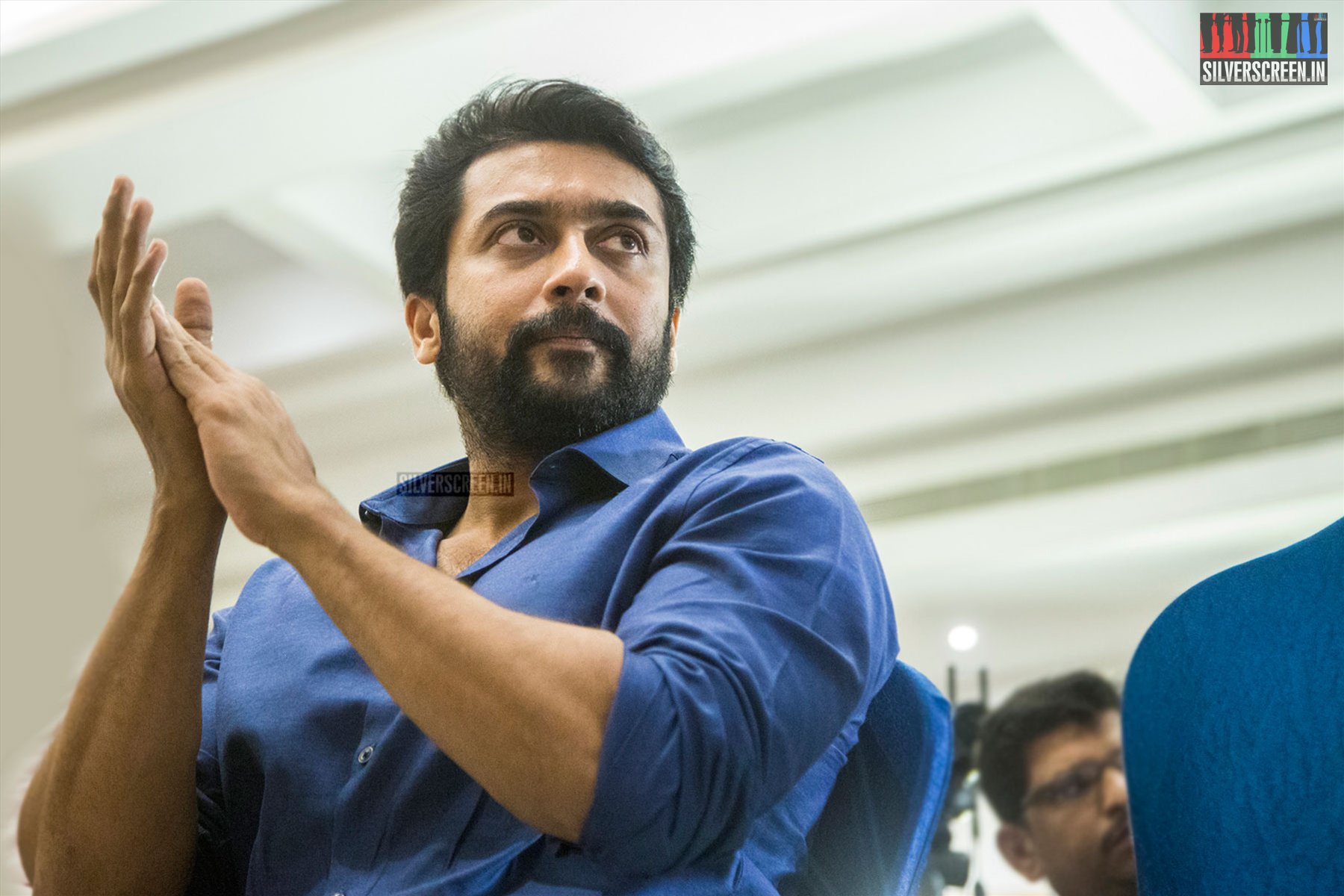Director: Amar Kaushik
Cast: Shraddha Kapoor, Rajkummar Rao, Pankaj Tripathi
Composers: Sachin-Jigar, Ketan Sodha
A vengeful spirit of a young woman haunts a village in Amar Kaushik’s Stree, a horror-comedy. It is a narrative thread older than the hills, but still works on screen to a great extent because it hints at something so dystopian – where men are the powerless victims and women, the ones calling the shots. Turn it the other way around, you get a socio-political drama that holds a mirror to contemporary India.
The story is set in Chanderi, a village in Madhya Pradesh. Every year, during an auspicious four-day puja at the temple, the village turns into a horror house that traps its men folk. The spirit of a slain bride goes from door to door in search of men; she lures, strips, and kidnaps them to oblivion. Kaushik’s film subverts popular tropes to retell this archaic superstition. The scenes are smartly written, set and staged. Actors are terrific, and the jokes are ingenious. Although the narrative follows men, the plot doesn’t cut a conventional hero figure out of them. The female characters are few and shrouded in mystery.
Instead of assigning a character to convey the premise to the audience, the film begins from the ghost’s POV at night, roaming the alleys in the village. Printed in bright pink letters on the wall of each house is “O Stree Kal Aana” [O Stree, Come Tomorrow]. The camera gently pauses in front of each wall, and continues to move, until it reaches an open gate; the letters on the wall here have faded beyond recognition. The ghost takes it as solicitation. That night, a man who had come out of that house to take a piss falls into her trap.
This is a ghost, as one of the characters explains, “a representative of the new Bharat”. She is literate, she respects what she reads on the wall, and yet, she is naive. Every night, she falls for the same old trick that the villagers conjure to keep her in check. By the time the three protagonists are introduced, you become familiar with the ghost’s ways. The film doesn’t beat around the bush. The storytelling is crisp and smooth.
The narration is anchored by Vicky (Rajkummar Rao), a tailor prodigy who lives with his dad (or in his accent, ‘deddy’). The fame of Vicky’s unparalleled tailoring skills extends beyond the village borders, but he is tired of his job. He wants to leave the village for he believes he is cut for bigger things.
Stree sets the story very much inside a conventional rural Indian framework where youngsters, no matter what they aspire to be, can’t escape the beliefs, religious culture and superstitions of the village. The characters aren’t outright rebels who break the system. They tweak rules from the inside, and laugh at the orthodox society. For one, Vicky doesn’t feel offended when a mysterious woman (Shraddha Kapoor) he is smitten with asks him for some mutton and brandy on the first day of temple festival. He happily agrees, and so does his close friend Junnu (Abhishek Banerjee) who even compliments, “Bhabhi is so cool!” Because, for the young men in Stree, their desperation for female company is stronger than their eagerness to protect culture.
Stree, essentially, is about men. It is them we see the most on screen. But there is a refreshing difference in the way the film plays with the gender dynamics. There is an item song where a scantily-clad dancer gyrates in the midst of a large group of young men. At the end of the performance she is seen walking away with two bodyguards who call her ”madam”, and the scene is followed by a young man kidnapped by ‘Stree’. It sort of changes the meaning of what you had seen in the song sequence. The men, here, look like puppets in the hands of women who wield the power. While the gaze isn’t particularly radical or progressive, the film manages to turn some cliches on the head and make the audience feel that they are watching something new.
Stree gives the actors more scope to perform than in a usual horror drama. Rajkummar Rao hams it up generously in the final moments where he comes face to face with the ghost, but it only elevates the humour in the scenes. Even Shraddha Kapoor’s stony expressions fit in. There is Pankaj Tripathi’s Rudra, a bookshop owner, a self-proclaimed expert in the topic of Stree. He makes deadpan look like the best form of comedy, and with amazing ease, he holds his own in the midst of the younger crowd. He refers to his establishment as “Pusthakaalay”, and not ‘shop’. Later, we come to know in a passing reference that the so-called pusthakaalay, once upon a time, used to be a hub of pornographic novel lovers.
Recommended
Stree, like Netflix’s Ghoul, uses the horror genre to make a social commentary. The anti-patriarchy subtext of the film isn’t adequately developed, but you take note of it. Kaushik brings a nice balance to both the genres – horror and comedy – in the film. The situations are natural, so are the characters’ predicaments. When they are caught in life-threatening situations, their reactions become fodder for humour. There are many instances of jump-scares. But you don’t complain much. This is an intelligent madcap film that uses flaws and goofiness to its advantage.
*****
The Stree review is a Silverscreen original article. It was not paid for or commissioned by anyone associated with the movie. Silverscreen.in and its writers do not have any commercial relationship with movies that are reviewed on the site.



